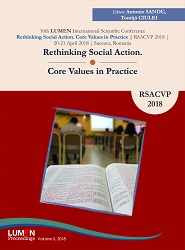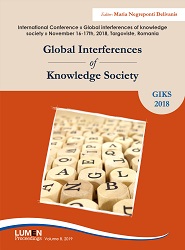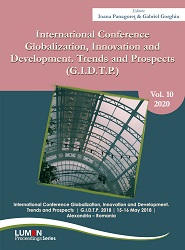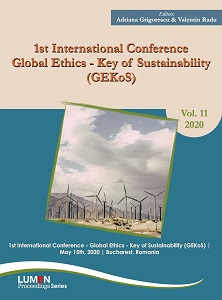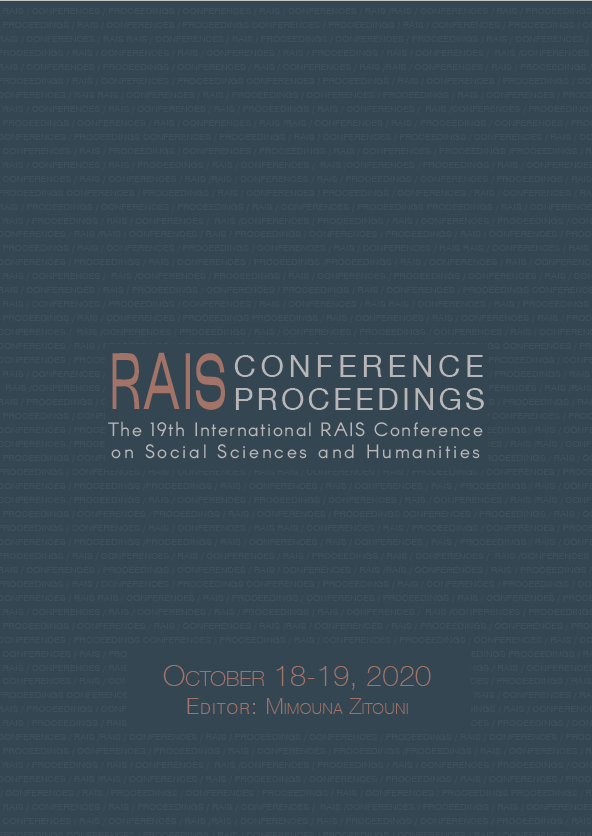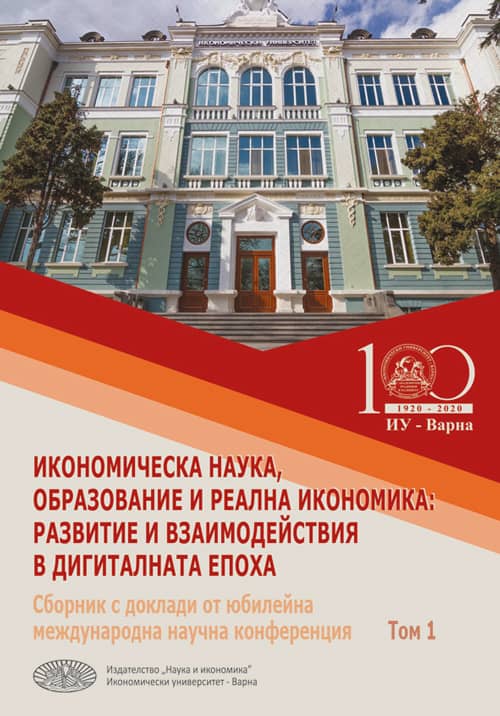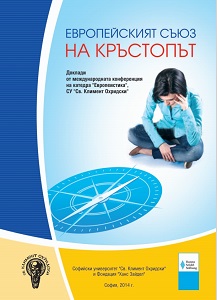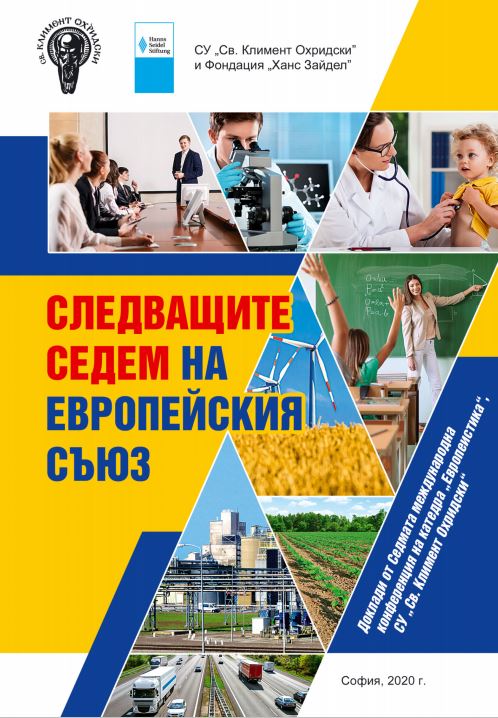Author(s): Sorina Cernat,Rodica Sturzu,Cezarina Necula / Language(s): English
Publication Year: 0
The aim of the study was to determine the various ways of fertilization of wheat, in accordance with characteristics of the chosen varieties, pre-plant and the pedo-climatic conditions specific to the Burnas Plain. Through the research, the quantitative and qualitative increase of the wheat production, the differentiation according to the biological material used (variety) was pursued, all based on the use of 5 variants of fertilization, emphasizing also the costs involved by each of them - parallel input-output for the economic efficiency of culture. The results obtained from the experiments carried out during this period offer, as a novelty element, multi-level comparisons between the Romanian wheat varieties and the Austrian premium varieties provided by SC Probstdorfer Saatzucht Romania SRL [1]. The researches took place in the Burnasului Plain, within the S.C.D.A. Teleorman (Drăgăneşti-Vlaşca), on soils of the molisoluri type, cernoziom cambic type, with medium, clay-claytexture..The research that led to the production of production results is extremely different, depending on the environmental conditions (among which the climatic ones had the greates timpact) on the influence of the fertilizers and the wheat varieties used in the study. Production results show that any of the fertilization variants yields significant wheat yields. With the exception of the Biovin 150kg treatment only, when production increases by 15.48-23.31% compared to the untreated control (maximum 896 kg / ha in 2014-2015), all other fattening systems (N80, P80 and complex - N80 + P80 + Biovin 150) are statistically assured in the favorable years (2014-2015, 2015-2016.) with increases of 40-75% - 2373.33 kg / ha at N80, 2863.33 kg / ha at P80 and 2869.33 kg / ha at the complex in .2014-2015. The data showed that, as a whole, Romanian varieties .are better responding to this differentiated fattening (N80, P80, Biovin 150) compared to premium varieties. Regarding the application of the NPB (N80 + P80. + Biovin 150) complex, both Romanian and premium varieties offer similar production incrases.
More...
